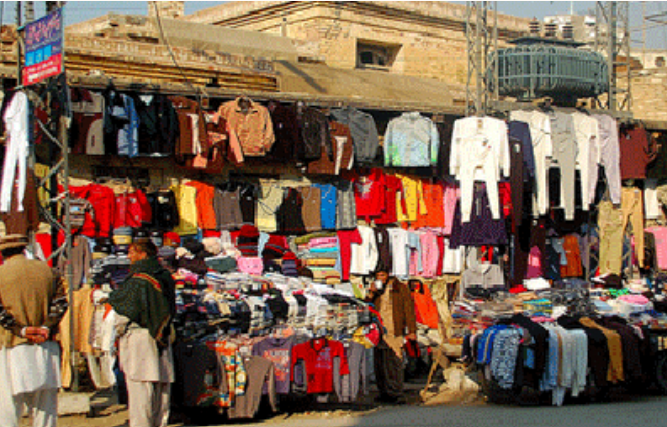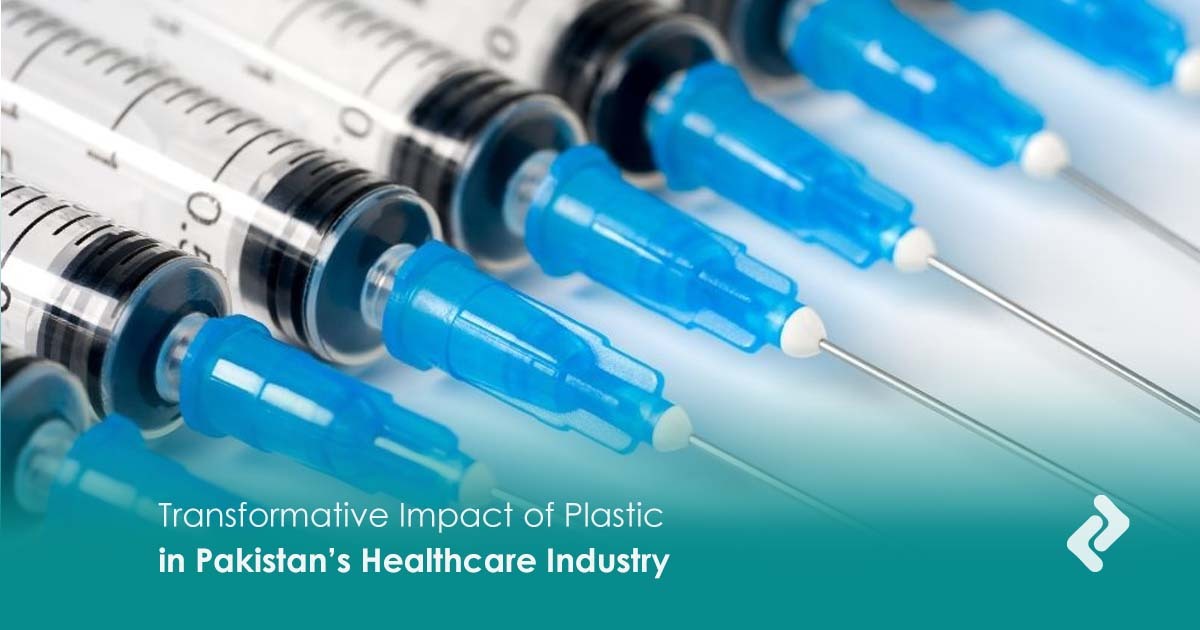Plastic is one of the most widely used materials in healthcare globally, and its impact has been felt across Pakistan's healthcare sector as well. Here’s how plastic has revolutionized Pakistan's healthcare sector and made it more efficient and effective.
1. Sterile Packaging
Plastic packaging has been a game-changer in the healthcare industry, especially when it comes to sterile packaging. It has allowed for the safe and sterile transportation of medical devices, surgical instruments, and other medical equipment, ensuring that they remain free from contamination. The use of sterile plastic packaging helps in dramatically reducing the risk of infection in the healthcare sector.
2. Disposable Medical Products
Another way plastic has revolutionized Pakistan's healthcare sector is through the widespread use of disposable medical products. From syringes to gloves, plastic has enabled the mass production of single-use items that are safe, hygienic, and cost-effective. In addition to reducing the spread of infection, disposable medical products have also made it easier for healthcare workers to carry out their duties quickly and efficiently.
3. Advanced Medical Equipment
Plastic has also played a vital role in the development of advanced medical equipment, such as imaging equipment and surgical tools. The use of plastics in these devices has allowed for greater precision, flexibility, and durability, making them more effective and reliable. This has also enabled the creation of more affordable medical equipment, making it easier for healthcare providers to offer quality care to more patients.
4. Medical Waste Management
The healthcare industry generates a lot of waste, the safe disposal of which is is essential for public health. Plastic has enabled the development of specialized containers and packaging for the safe and effective disposal of medical waste. These containers are designed to prevent the spread of disease and ensure that hazardous waste is properly disposed of, reducing the risk of contamination in Pakistan's healthcare facilities.
5. Reduced Costs
Finally, the use of plastic in Pakistan's healthcare sector has reduced costs significantly. The mass production of plastic products has made them more affordable, and the use of disposable medical products has eliminated the need for costly sterilization procedures. In addition, the use of advanced medical equipment made possible by plastic has made procedures more efficient, reducing the time and cost of treatment.
The use of polymers and plastics has revolutionized Pakistan's healthcare sector in numerous ways, making it more efficient, effective, and affordable. From sterile packaging to advanced medical equipment, plastic has enabled healthcare providers to offer quality care to more patients while reducing the risk of infection and the cost of treatment. As Pakistan's healthcare sector continues to evolve, plastic will undoubtedly remain a critical component of its success.















.png)



_1000.png)

